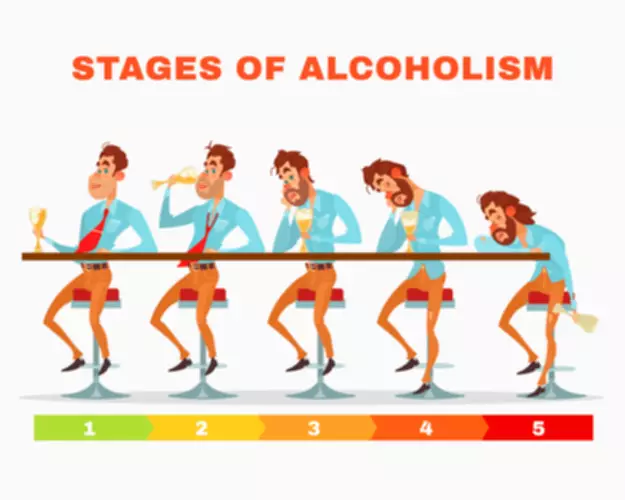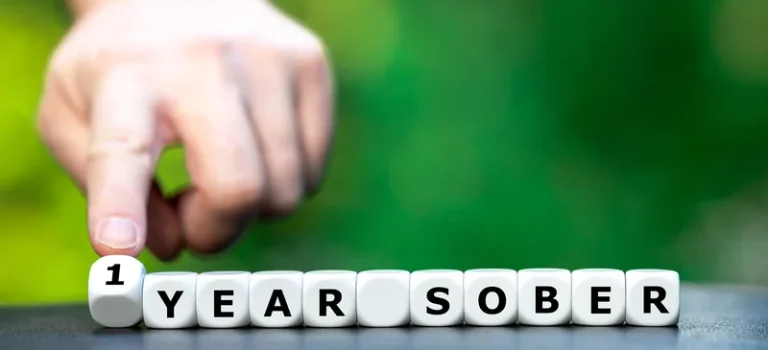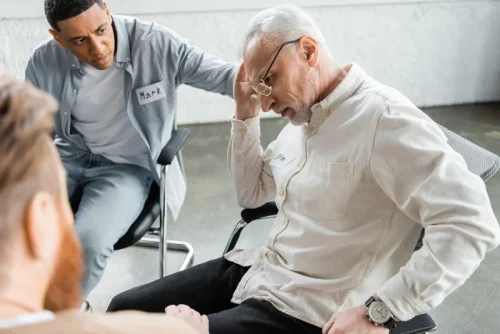This hyperactivity is a sign of our body trying to adjust to the lack of alcohol. In this post, we explore why alcohol tremors and hangover shakes occur — and later, we explore some ways to address this problem. Several prescription medications are available that provide relief from withdrawal symptoms such as cravings for alcohol and alcohol shakes. Clonidine is the most commonly prescribed alpha-2 adrenergic agonist for patients undergoing alcohol detox. Clonidine suppresses central nervous system overactivity to minimize the severity of withdrawal symptoms and help patients complete the detoxification process. For people who experience hallucinations as part of alcohol withdrawal, these may begin in the 12- to 24-hour time frame.
What are Alcohol Shakes (Tremors)?
Although alcohol will clear the body within a few days, cravings, shakes, and other withdrawal symptoms may linger longer. Once the body is free of alcohol, an individual can begin addiction treatment. Alcohol shakes are a common symptom of alcohol withdrawal that may occur when a heavy or long-term drinker stops drinking.
Health Alerts from Harvard Medical School
Individuals should be prepared to be uncomfortable during this period and have medical help available if needed. This is the period in which delirium tremens is most likely to occur, which requires immediate medical attention. It’s also important to note that delirium tremens can be life-threatening. The prognosis (outlook) for someone with alcohol withdrawal depends greatly on its severity. Because DTs can happen to people at various drinking levels, the best way to avoid DTs is to drink in moderation or not at all.
Alcohol Shakes: What Are They and Why Do They Happen?
Simple exercises, especially those that focus on fine motor skills and coordination like yoga or tai chi, can help in strengthening muscles and improving control over tremors. Deep-breathing exercises and meditation can also be beneficial, as they promote relaxation and help in reducing anxiety, which can often exacerbate tremors. Over-the-counter remedies for alcohol shakes may work for binge drinkers or those who have been drinking heavily for a short period. However, long-term alcoholics should always get help today by contacting EHN Canada. Alcohol withdrawal requires professional help if you or someone you know cannot abstain from alcohol because of severe withdrawal symptoms. An involuntary shaking of the hands, legs, or other parts of the body, tremors are caused by a temporary or permanent impairment in the cerebellum and motor cortex.
- Still, if you’re experiencing alcohol withdrawal, it’s essential to have your symptoms evaluated by a medical professional.
- The craving for alcohol may be a persistent challenge during and after withdrawal.
- Some researchers note that these prolonged but lower-intensity symptoms can even persist for 2 or more years — especially symptoms that affect your sleep.
- When a person stops drinking alcohol, they may experience nervous system effects such as tremors.
- Over time, your central nervous system adjusts to having alcohol around all the time.
- A person who often gets hangover shakes might want to discuss AUD treatment with their doctor.
- The only cause of DTs is withdrawal that happens when someone with alcohol use disorder stops drinking alcohol suddenly.
- Attempting to navigate withdrawal symptoms without medical oversight can be risky.
- Alcohol shakes occur after the depressant effect of alcohol wears off, and the brain experiences overwhelming activity.
Heavy drinking is usually considered consuming four or more drinks in one day or eight in a week for women and people assigned female at birth (AFAB). For men and those AMAB, heavy drinking is five or more drinks in a day and 15 during a week. Tell your close alcohol shakes friends and family before you begin your detox, and ask them to support you. Consider creating a visiting schedule so you are never alone during the first week of detox. A supportive friend or family member can help you in many ways during withdrawal.
What you can do to stop alcohol shakes and improve your life
- Alcohol interferes with the digestive process, inhibiting the breakdown of nutrients and their absorption in the intestines.
- You may not feel like being physically active or going outside, but a good walk can completely recharge your mental and emotional state.
- After a heavy drinking session, your brain can get used to lower levels of stimulation caused by alcohol’s depressant effects.
- Detoxing means clearing the alcohol from the body and managing withdrawal symptoms.
- When a person goes through alcohol withdrawal, they may experience something called alcohol tremors, also known as alcohol shakes.
- If you notice signs of alcohol withdrawal, you may need the support of an alcohol addiction treatment program to detox safely.
- Continued drinking with ARBD or ARBI puts you at risk for severe brain damage, including dementia.
Think about a time you felt nervous before a significant event, your hands shaking as you braced for an uncertain outcome. Now envision that same shaking, borne not of anxiety, but of a deeper internal conflict. For many people grappling with alcohol withdrawal, shaking after drinking as well as after stopping is a harsh reality. Their journey is marked by an array of symptoms, including tremors and shakes.







